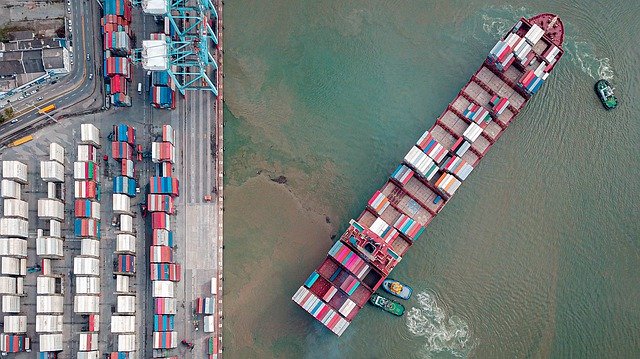
-
DTI’s Strategic Trade Management Office (STMO) has a list of end-users sanctioned by UN that stakeholders should check before making any cross-border trade transactions
-
An STMO order prohibits those engaged in trade of strategic and/or unlisted goods from dealing with UN-prohibited end-users

The Department of Trade and Industry (DTI) advised stakeholders to “conduct enhanced due diligence” in their business transactions, specifically avoiding sanctioned individuals and entities by the United Nations and other states.
In a recent advisory, DTI urged all persons and businesses operating in the Philippines, as well as Filipinos abroad, to ensure transactions conform to the requirements imposed by the UN Security Council (UNSC) and other sanctioning states.
The UNSC, one of the main organs of the UN primarily responsible for maintaining international peace and security, issues a Consolidated List of all individuals and entities subject to its sanctions, ranging from comprehensive economic and trade sanctions to more targeted measures such as arms embargoes, travel bans, and financial or commodity restrictions.
The UNSC sanctions “support peaceful transitions, deter non-constitutional changes, constrain terrorism, protect human rights, and promote non-proliferation of weapons of mass destruction.”
Other UN member states have also imposed unilateral sanctions on certain individuals and entities for reasons of national security and foreign policy.
In the Philippines, the Strategic Trade Management Office (STMO) has adopted the UNSC Consolidated List and issued last April Memorandum Circular (MC) 20-13 providing the list of these prohibited end-users.
Under MC 20-13, all persons who engage or intend to engage in the trade of strategic and/or unlisted goods are prohibited from engaging in any trade with individuals and entities on the list of prohibited end-users.
STMO advises stakeholders to check the list before proceeding with any cross-border trade transactions. The latest list as of October 12 is available on the UN website at https://www.un.org/securitycouncil/content/un-sc-consolidated-list, and the DTI-STMO website at https://www.dti.gov.ph/negosyo/strategic-trade-management/.
In the advisory, DTI said the conduct of due diligence requires stakeholders to check the parties to transactions, verify end-use and end-users of commodities being traded, check shipping routes, and validate payment arrangements, among others.
In addition, transactions that involve sanctioned individuals or entities other than those on the UNSC’s consolidated sanctions list must comply with applicable authorization requirements imposed by sanctioning states.
“Failure to comply with applicable authorization requirements may result to non-payment and legal liabilities. This may apply to contracts or transactions executed by the government agencies and businesses after its issuance,” DTI pointed out.
STMO is a DTI-attached office that serves as the executive and technical agency of the government in establishing the systems for managing trade in strategic goods. It was created pursuant to Republic Act (RA) No. 10697 (An Act Preventing the Proliferation of Weapons of Mass Destruction by Managing the Trade in Strategic Goods, the Provision of Related Service, and for Other Purposes), or the Strategic Trade Management Act.
READ: Transporting strategic goods in PH to require DTI registration, license
RA 10697 was signed in 2016 to comply with UNSC Resolution No. 1540 that “imposes binding obligations on all states to adopt legislation to prevent the proliferation of nuclear, chemical and biological weapons, and their means of delivery, and establish appropriate domestic controls over related materials to prevent their illicit trafficking.”
RA 10697 aims to regulate the export, import, transit and transshipment, re-export and reassignment of strategic goods, software and technology and the provision of related services to prevent WMD from proliferating.




